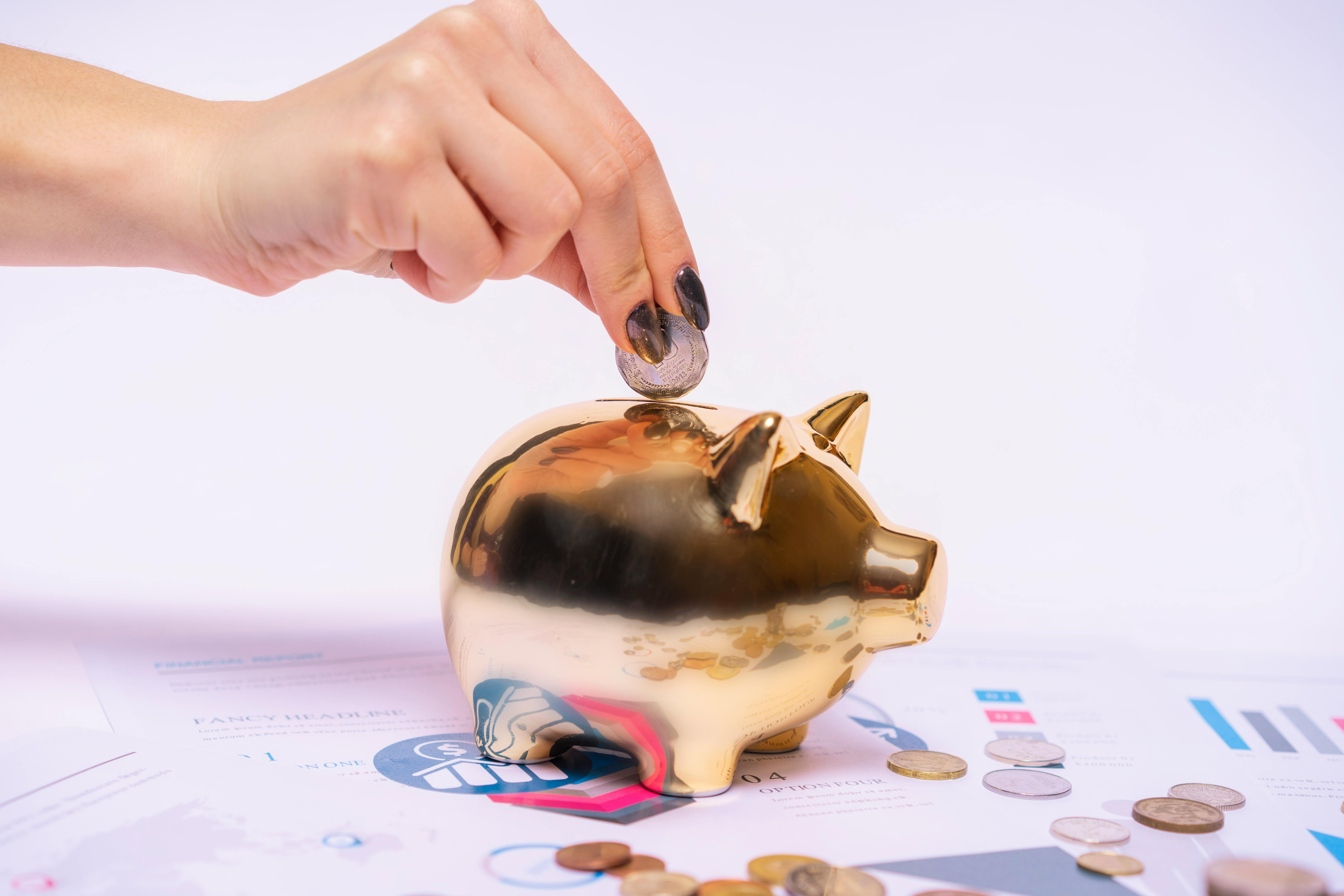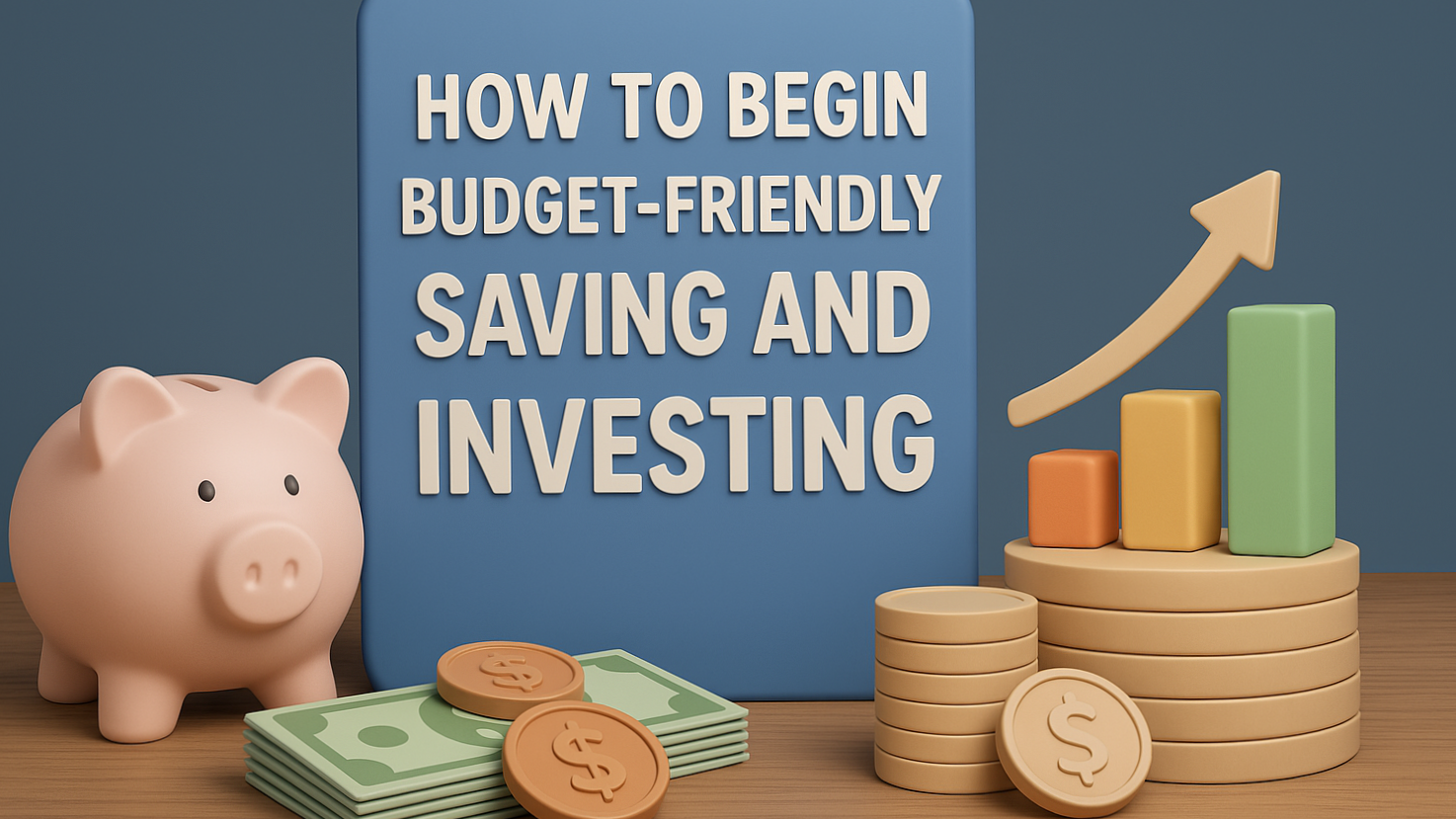
Just consider this: what do you do first each month when your pay cheque arrives? And you decide to save whatever's left at the end. However, typically, not much remains, correct? Now take the opposite approach: what if you set up a modest sum each month and only consumed what remained? It's not simply a fancy phrase: "Spend what's left after saving, not save what's left after spending." It's a way of thinking and living that all successful people adhere to. In order to help you create a solid and safe future for yourself as well, we will discuss this idea in very basic terms today along with examples from American real-world situations.
The majority of Americans make the typical error of paying their fixed expenses (rent, vehicle payments, groceries, credit card bills, and subscriptions) first when they receive their pay cheque. Then there are the occasional Amazon purchases, coffee runs, meal deliveries, and weekend excursions. It is only after all of this that they decide to save the remaining $100. Any prospect of saving is destroyed by lifestyle inflation, which occurs when spending rises in tandem with income. This habit keeps you living pay cheque to pay cheque. As if it were a fixed bill, start by saving. Create a savings account transfer that happens automatically. Whatever is left over is your spending limit. Your financial future can be drastically altered by making this one tiny move.
The "save first, spend later" mentality is the cornerstone of financial independence, not just a wise practice. Whether it's $100 or $1,000, when you decide to set aside a portion of your income first,
Respecting your future self is what you're doing. Your long-term objectives are taking precedence over your immediate desires. The outcome? Peace of mind, emergency savings, and compound interest. It's alarming to see that 60% of folks in the United States do not even have $500 saved for emergencies. Everything might fall apart with a single unforeseen medical bill, vehicle failure, or job loss. Those who save initially, however, are ready. They are also prepared to begin investing as their saving habits get stronger, whether it be for index funds, retirement, or even starting a business. Having more money does not equate to freedom. The ability to make your own judgements without financial constraints is what it means to be free. And you can only have that power if you start by saving.
Olivia, a graphic designer from Dallas, Texas, is 27 years old. She used to pay her bills first, including food, rent, coffee runs, and internet purchases, and then she would try to save the money that remained. She understood, however, that there was seldom much left. She then changed her strategy, such that as soon as she received her pay cheque each month, $400 would be deposited automatically to her high-yield savings account. She now had $2,800 left over to cover her bills. She started to spend more wisely, which surprised me. She reduced her needless buying and eating out, and her savings began to increase gradually. That is the power of prioritising savings over expenditure. It's effective.
According to traditional budgeting, income less expenses equals savings. However, the formula is reversed with wise budgeting: Income – Savings = Expenses. Savings should be a priority, just like paying rent. What is the process of reverse engineering your budget? Easy: first, determine how much you wish to save, say $500 per month. Now, you immediately deduct $500 for savings if your monthly income is $4,000. You then have $3,500 left over to cover utilities, entertainment, food, and rent. If that means reducing expensive dinners or subscriptions, then so be it. Because saving money, not keeping up a glamorous lifestyle, is your first goal.
What are the advantages? You develop responsibility. You prevent impulsive purchases and make wiser financial decisions every day. This practice lessens financial remorse and increases your control. And you'll be pleased with yourself when you see your savings graph six to twelve months later.
Imagine experiencing turbulence during a flight. What are the standard words of flight attendants? "An oxygen mask should be put on before assisting others." In your financial life, an emergency fund is precisely that.
Inflation, job losses, and medical expenses can all occur at any time in the United States. You're vulnerable financially if you don't have three to six months' worth of living expenses saved up. Your safety net is an emergency reserve. Multiplying your monthly necessities (rent, groceries, and utilities) by three to six is the most effective method for creating one. Put the sum aside in a different account. This fund should not be used for new technology or vacations, only in cases of true emergency. You feel safe once you have it in place. You are more composed, self-assured, and in charge. Thus, don't ever skip this. Your emergency fund is a necessity, not an extravagance.
Astute people know a secret: create a system that eliminates the need for daily decision-making. One such approach is automatic savings; it is straightforward yet incredibly effective. You can eliminate temptation by establishing an automatic transfer from your pay cheque to your savings account, say $300 on the first of each month. This service is available on a number of U.S. Simply set it once and then forget about it. Being positive becomes second nature to you. You have already paid your future self before you even start spending. Additionally, as you increase this sum in proportion to your income, your financial growth becomes exponential. Even if it's only $50 a month, get started right away. When saving becomes instinctive, discipline becomes effortless.
It's likely that you know a lot of folks who make $80,000, $100,000, or even $150,000 a year, yet they're still broke. Why? due to the fact that their expenses exceed their earnings. Luxury goods, auto loans, and credit cards are all used to maintain appearances. However, are they really millionaires? The remainder is invested or preserved. You become impervious to distractions when you learn to distinguish between your necessities and wants. Real wealth is created when lifestyle creep is controlled. Additionally, you can only increase your savings when you intentionally live a little below your actual income. Being clear about your priorities is more important than being frugal. Are you aiming toward early retirement or a new Gucci bag? Your actions will be guided by that clarity.
It's time to change your financial situation. You must choose between beginning each month in tranquillity and ending each one with regret. The financial tenet "spend what's left after saving" is straightforward. Just 10% of your monthly salary should be saved as a small habit to start today. Configure a transfer that happens automatically. Create a different savings account. Analyse your monthly spending plan in reverse. Write down your long-term objectives, whether they be to retire, own a property, travel, or simply find peace of mind. Your financial account will be happy a year from now if you act now. Subscribe to this site if you want more honest, motivational, and useful advice like this. Remember to press the bell symbol. One click could lead to your next big discovery.

Many individuals believe that you should only begin saving money after you have a large income. ...
 Tajib Ali
Tajib Ali
Is Warren Buffett's well-known maxim, "Save before you spend," familiar to you? ...
 Tajib Ali
Tajib Ali
When it comes to money, your early twenties may be both the most thrilling and the riskiest time of ...
 Tajib Ali
Tajib Ali
Suppose you are in your twenties, have recently begun earning money, enjoy weekends, upgrade y...
 Tajib Ali
Tajib Ali
The most exciting time of your life is in your twenties. Unending dreams, road trips, parties, shopp...
 Tajib Ali
Tajib Ali
Imagine a world in which your money grows as you sleep, working for you instead of just sitting in a...
 Tajib Ali
Tajib Ali.png)
Imagine being able to ask the greatest investor of all time for his best financial advice. &nb...
 Tajib Ali
Tajib Ali
The Individual Who Made $100 Become $100 Billion. Imagine making a wealth of more than $100...
 Tajib Ali
Tajib Ali
Imagine starting to save and invest as a teenager, and when you wake up at 22, you have thousands of...
 Tajib Ali
Tajib Ali
Comments (0)
Leave a Comment